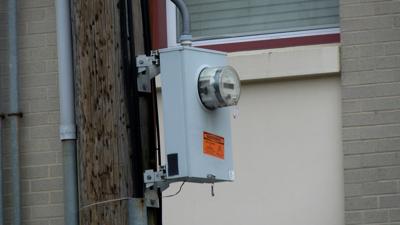SEAFORD, DE -- The Seaford City Council voted 4-1 during a Jan. 9th meeting to increase electric rates to offset wholesale power supply cost increases and other costs.
At the meeting, Chris Simms with Smart Utility Management presented a proposed adjustment to the Power Cost Adjustment Clause (PCAC), as well as a revision to the Fee and Rate Schedule.
According to Simms, the city could lose about $70,000 monthly if the cost increases were not accounted for.
The council ultimately voted to approve a nearly 8% electric rate increase and to approve a revision to the Fee and Rate Schedule, with Councilman James King being the only council member to vote against the increase.
King says the decision should not have been made during the cold, winter months and while the cost of living is only getting higher. He suggested tabling the discussion and vote to consider cutting costs from other revenue streams.
"For an elected official or an entire body, not even wanting to take or have a conversation around any cost saving measure other then raising utilities, almost eight percent, I struggle with that," says King. "We've got wants and needs, and I think if we sit down and look at every line item, it wouldn't be that hard to find that amount of money."
Tamara Massey, a local hairstylist, says the increase will be especially hard hitting for small business owners.
"Now we have to revamp our budgets, and for us we share this space so we're gonna have to adjust our individual to accommodate the whole, and then it's going to affect our consumers," says Massey.
In a statement to WBOC, Seaford Mayor David Genshaw says while he understands people's concerns, he says, "There is a cost for police officers and electric departments. They are expensive and there's not a whole lot of room for the city to cut anything".
Seaford neighbor Jennifer Kordell says she doesn't mind her already reasonable rates increasing to support the city.
"These people need to be paid and we need to have power lines fixed and generally, we need this," says Kordell. "We really do."
The increased rate goes into affect during the January 2024 billing cycle.



